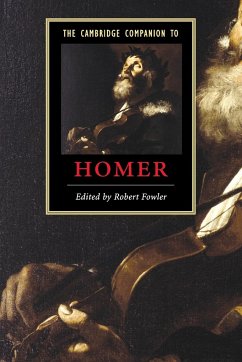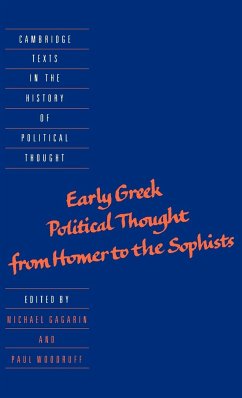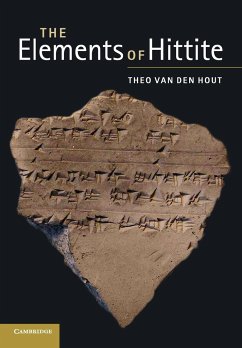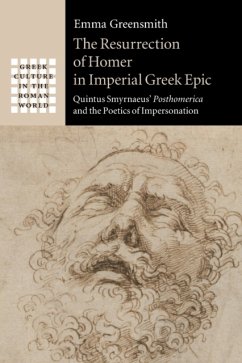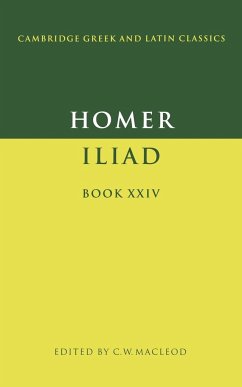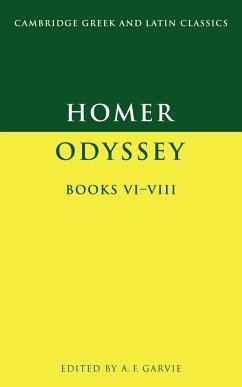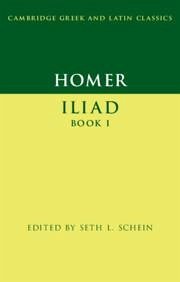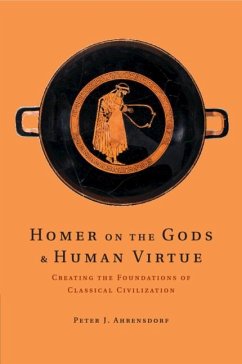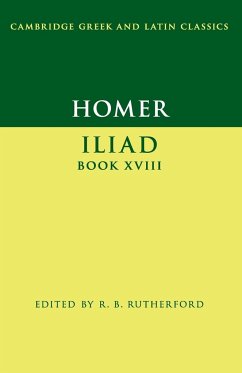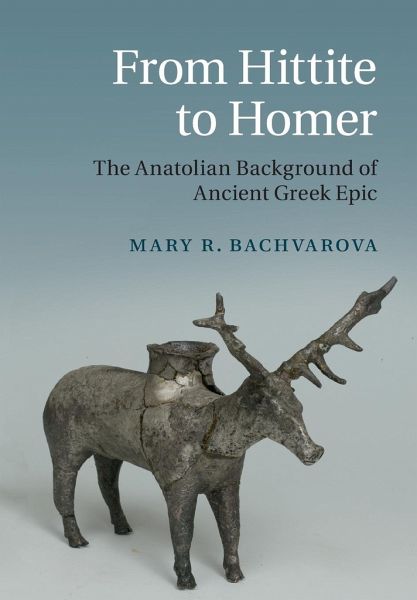
From Hittite to Homer
Versandkostenfrei!
Versandfertig in 1-2 Wochen
69,99 €
inkl. MwSt.

PAYBACK Punkte
35 °P sammeln!
This book takes a bold new approach to the prehistory of Homeric epic. It argues that the Near Eastern influence on early Greek hexameter poetry primarily came from a single Syro-Anatolian tradition of oral narrative song, which included the Song of Gilgamesh and the Kumarbi Cycle, starting in the eleventh century BCE.





